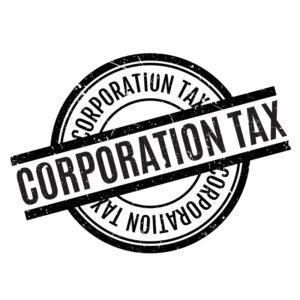HMRC defines a director’s loan as money taken from your company (by you or other close family members) that isn’t:
- a salary, dividend or expense repayment and
- money you’ve previously paid into or loaned the company
An overdrawn director’s loan account is created when a director effectively ‘borrows’ company money. A record of these loans must be kept in a director’s loan account (DLA). Small business owners need to be mindful that withdrawing funds from their company can have unwanted tax consequences for both the company and the director. The tax rules are further complicated if the value of the loan exceeds £10,000.
Where certain DLA’s are not paid off within nine months and one day of the company’s year-end there is an additional Corporation Tax (CT) bill of 32.5% of the outstanding amount (prior to April 2016 this rate was 25%). In most cases this is not a permanent loss of revenue for the company as a claim can be made to have this CT refunded (but not interest) when the loan is paid back to the company. It is important to ensure that the claim to have the CT refunded is made within 4 years after the end of the year in which the participator’s loan was repaid.
Planning note
The use of DLA’s as a means of extracting money from your company needs to be carefully considered with proper analysis of the tax impact for both the company and director. Please call if you need more information on this topic.







